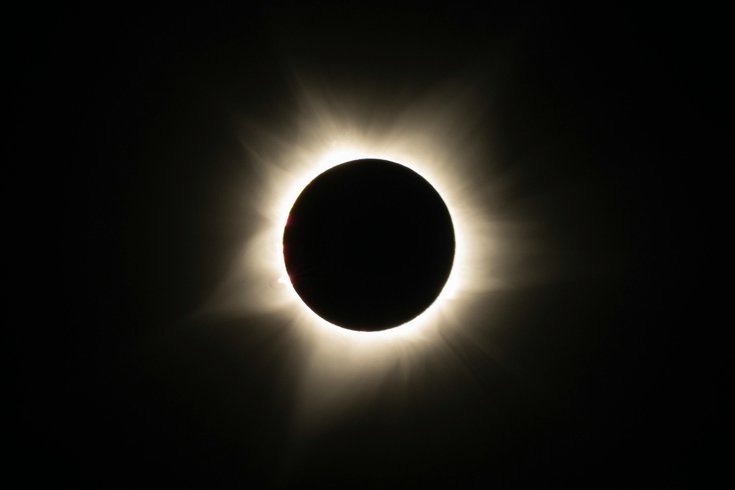
April 03, 2024
 Eclipse Chasers/Pexels
Eclipse Chasers/Pexels
Looking at the sun or an eclipse with out the appropriate safety glasses can burn the center of your retina, causing a blind spot.
In preparation for next week's partial solar eclipse, many people are buying special solar safety glasses to allow them to take a peek when the moon covers 90% of the sun's surface.
If you look at Monday's eclipse without the proper safety glasses, you could burn the center of your retina where "we do our fine (detailed) vision," said Dr. Jeffrey D. Henderer, professor of ophthalmology at the Lewis Katz School of Medicine at Temple University. "You end up with a small blind spot where you've burned a hole or burned a scar into the retina."
That retinal burn is called solar retinopathy. We're actually in more danger of contracting it on a daily basis by looking at the sun, even when it's cloudy, than by viewing an eclipse, when the moon partially or fully covers the sun, Henderer explained. But it's still unsafe to look at the sun without the proper protective glasses during an eclipse, when people are more likely than usual to be sungazing.
People who have solar retinopathy have a blind spot in their vision.
"They'll see OK around it, but they won't see clearly in that spot," Henderer said. "And wherever they move their eye to look, that spot will move with them. They just have to look around that spot, which is very annoying."
During his 25 years of practice, he has seen only two patients with solar retinopathy — one who stared at the sun for reasons linked to religious beliefs and one who looked at the sun because they were young and didn't understand the danger, Henderer said.
Unfortunately, no treatment exists for solar retinopathy.
"Once you've caused that damage to the retina, you can't restore the retina," Henderer said. "It does not regrow, and so you can't overcome that burn mark."
People who look at an eclipse or the sun without proper protection – or even with the right kind of safety glasses but for too long – could also burn their retinas without going blind, Henderer said.
The only safe way to look at an eclipse – or even at the sun for more than a glance – is with the use of special-purpose solar filters. The American Astronomical Society has recommendations for eyewear here.
Temple Health’s Department of Ophthalmology is hosting a solar eclipse viewing party on April 8 on the top level of the Carlisle West Garage on Temple’s Health Sciences Campus in North Philadelphia from 1:30-4 p.m. Temple Ophthalmology will have 150 pairs of safety glasses to give out for safe viewing of the eclipse. Henderer will be there.